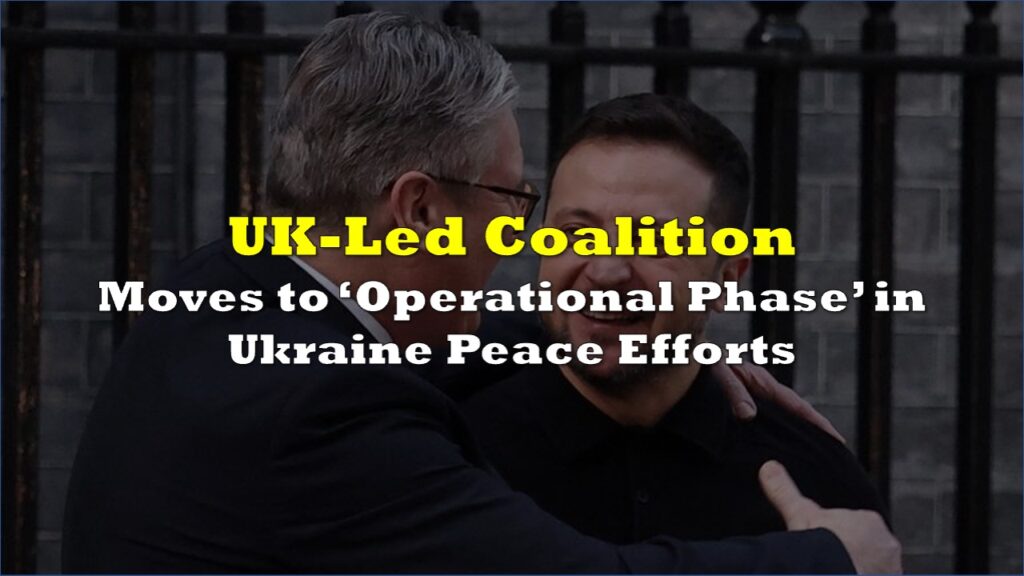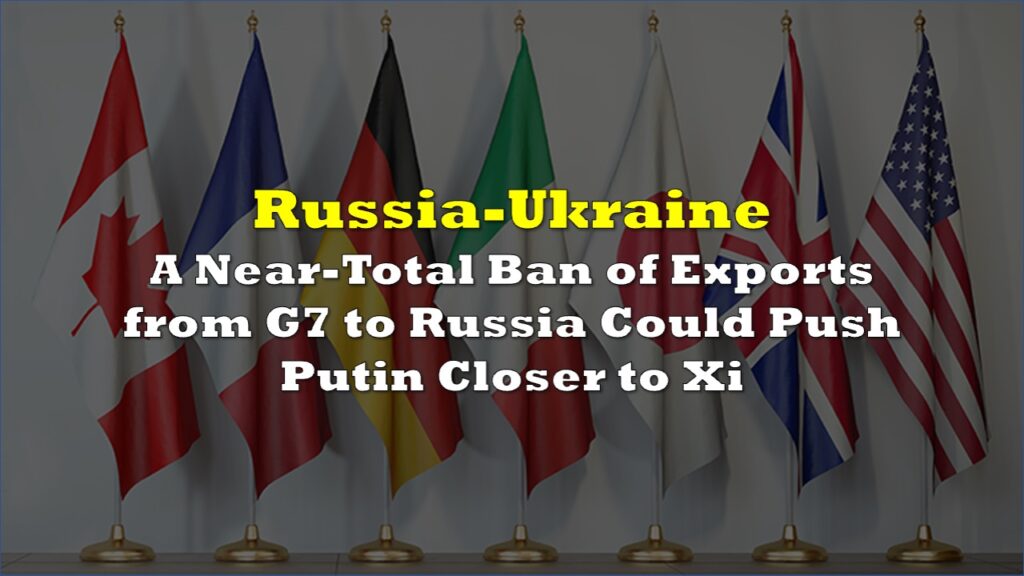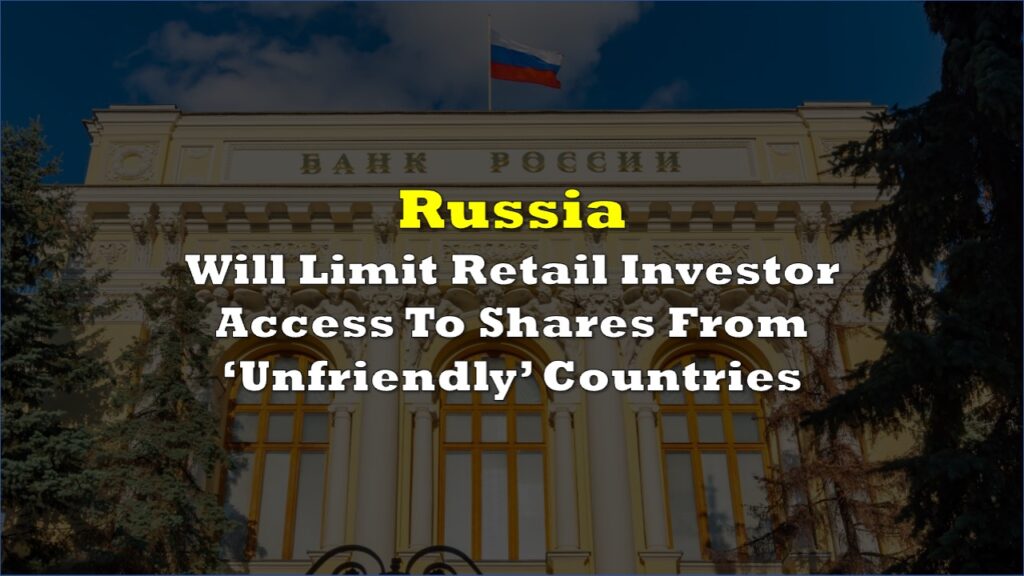Sanctions on Russia have now extended to startup ventures with past links to the invading nation as Delaware started to prevent said firms from doing business in the US state.
According to attorneys and startup founders, the Delaware Division of Corporations informed dozens of Delaware-incorporated technology companies this year that they cannot conduct further business with the state. This is after the state discovering that these firms’ corporate filings contained individuals or business addresses in Russia, The Wall Street Journal reports.
Due to Delaware’s reputation as a welcoming corporate climate, startup businesses that originate in the Russian technology sector frequently incorporate there in order to establish a presence in the United States and seek venture capital. However, since this recent move, these firms are caught in a conundrum of existing as a Delaware corporation but prohibited from paying taxes or filing regular corporation files to maintain good standing with the state.
Prohibited startups are also unable to attract outside funding since they are unable to modify their Delaware articles of incorporation in order to issue additional capital stock.
According to a spokeswoman for the Division of Corporations, its regulations follow federal sanctions laws rather than superseding them, saying the executive order prohibits U.S. organizations, including state governments, from “engaging in corporate formation services with Russian nationals or entities domiciled in Russia.”
The Office of Foreign Assets Control of the Treasury Department banned the provision of “accounting, trust and business formation, and management consulting” services to people residing in Russia in May as a result of a directive from US President Joe Biden.
Read: Sanctions On Russia Are Working: Yale Paper
Leonard Grayver, a lawyer who counsels Russian-linked firms, conjectures that the Diamond State is going above and beyond what OFAC mandates by blocking businesses if even one director or minority shareholder resides in Russia.
Grayver said companies should be blocked if they violate OFAC regulations or aid in money laundering, “but Delaware wants to be holier than the pope, and they’re implementing the restrictions on a stricter basis.”
Mikhail Dobrokhvalov, the co-founder of a startup that uses shareable links to distribute nonfungible tokens, or NFTs, says he incorporated Linkdrop Labs in Delaware in 2019. Because of an outdated Russian street address linked to him as stated in an annual report, he said that he was informed that his firm had been barred in the state starting in July.
While persuading the state to reconsider, Dobrokhvalov’s company also has the option to relocate to another jurisdiction but he would need “the help of a professional lawyer and for an early stage startup like [theirs] without funding, it’s really expensive to get legal advice.”
Since the start of the conflict in Ukraine, Vasily Zykov, co-founder of Teslogic, which creates a mobile dashboard for Tesla automobiles and was incorporated in Delaware last year, has departed for Armenia. He claimed that Teslogic’s Delaware-based registered agent informed him in June that it was unable to continue filing on the company’s behalf.
The state’s crackdown on Russia-linked firms heighten fears that they would lose access to the U.S. bank accounts that hold the funds for their businesses. Many claim that there is a misunderstanding among potential investors and business partners that their operations are approved by the federal government.
Information for this briefing was found via The Wall Street Journal and sources mentioned. The author has no securities or affiliations related to this organization. Not a recommendation to buy or sell. Always do additional research and consult a professional before purchasing a security. The author holds no licenses.









